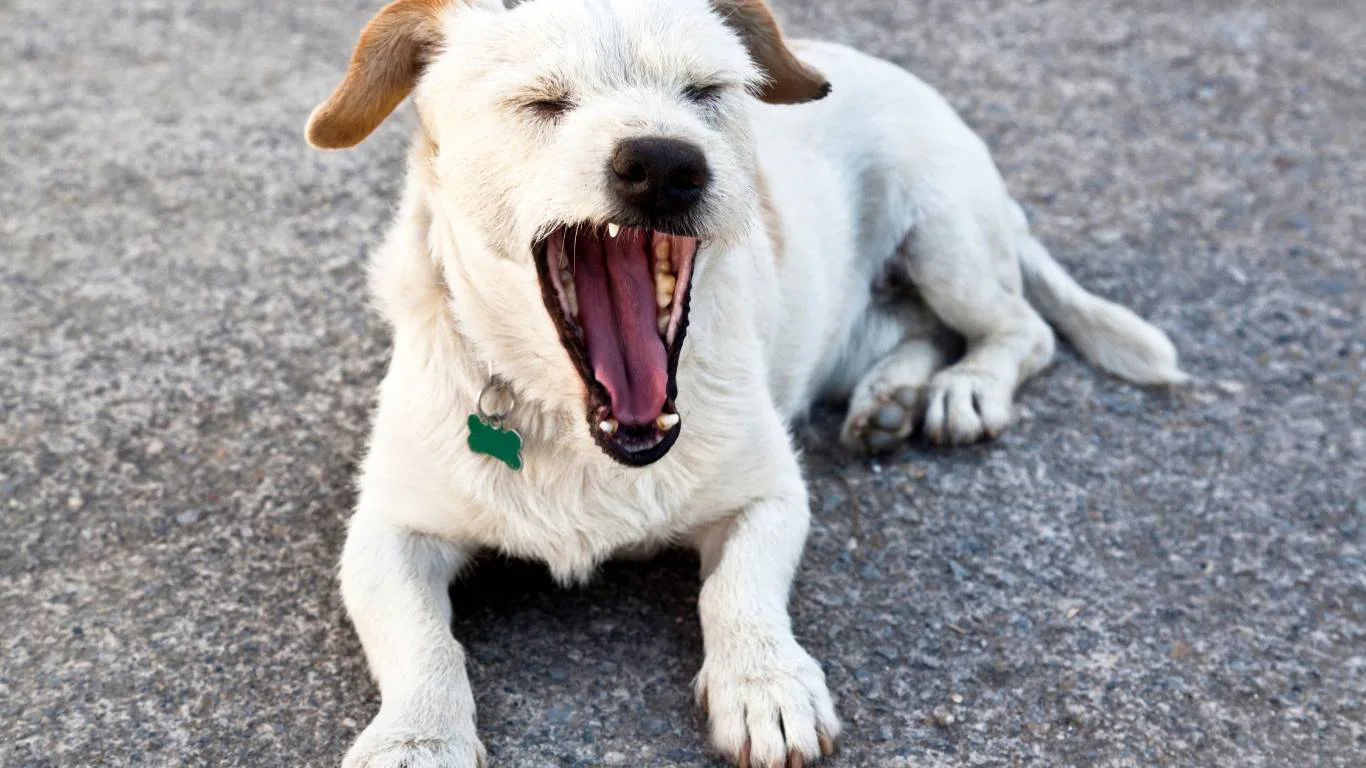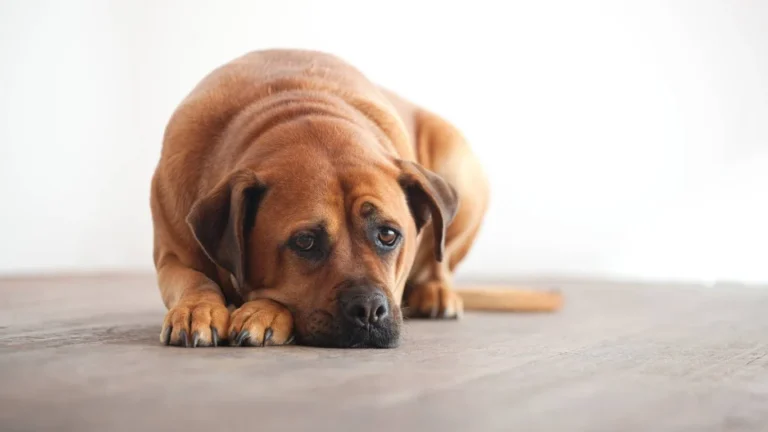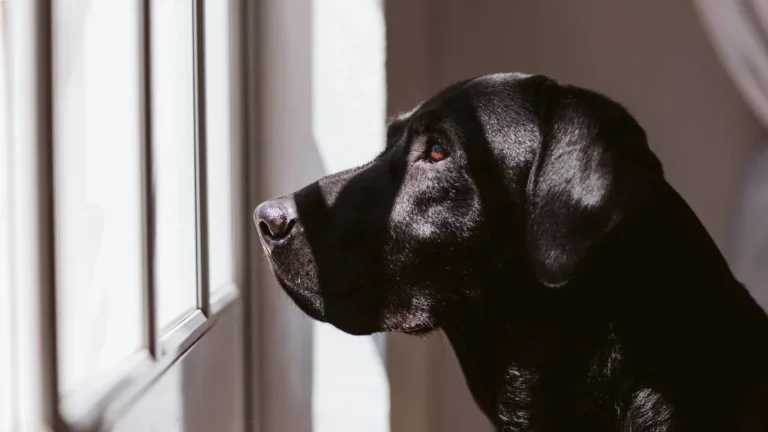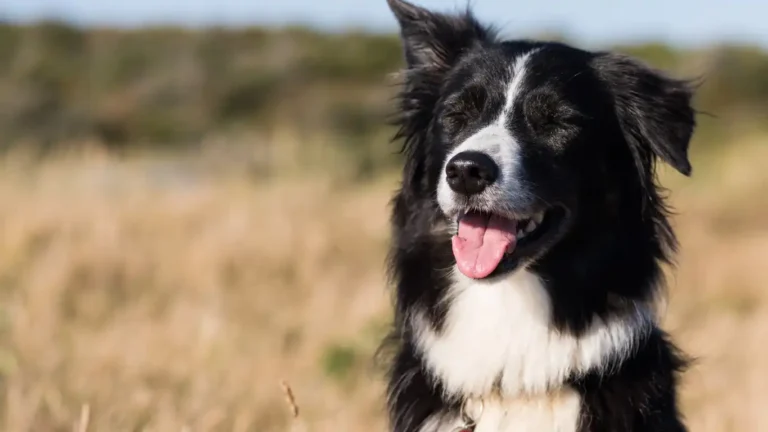What to Do If Your Dog Has a Vaccine Reaction: Vet-Approved Guide
So, your pup just had a vaccine and now you’re noticing something… off? First of all, take a deep breath. You’re not alone. As someone who’s spent years working hands-on as a Veterinary Assistant—especially helping nervous pet parents through post-vaccine reactions—I’ve seen this more often than you’d think. And yep, I totally get how stressful it can be. This guide will walk you through what to do if your dog has a reaction to a vaccine, using real-world insights and practical steps you can actually use at home. Let’s break it down together.
Common Signs Your Dog Might Be Having a Vaccine Reaction
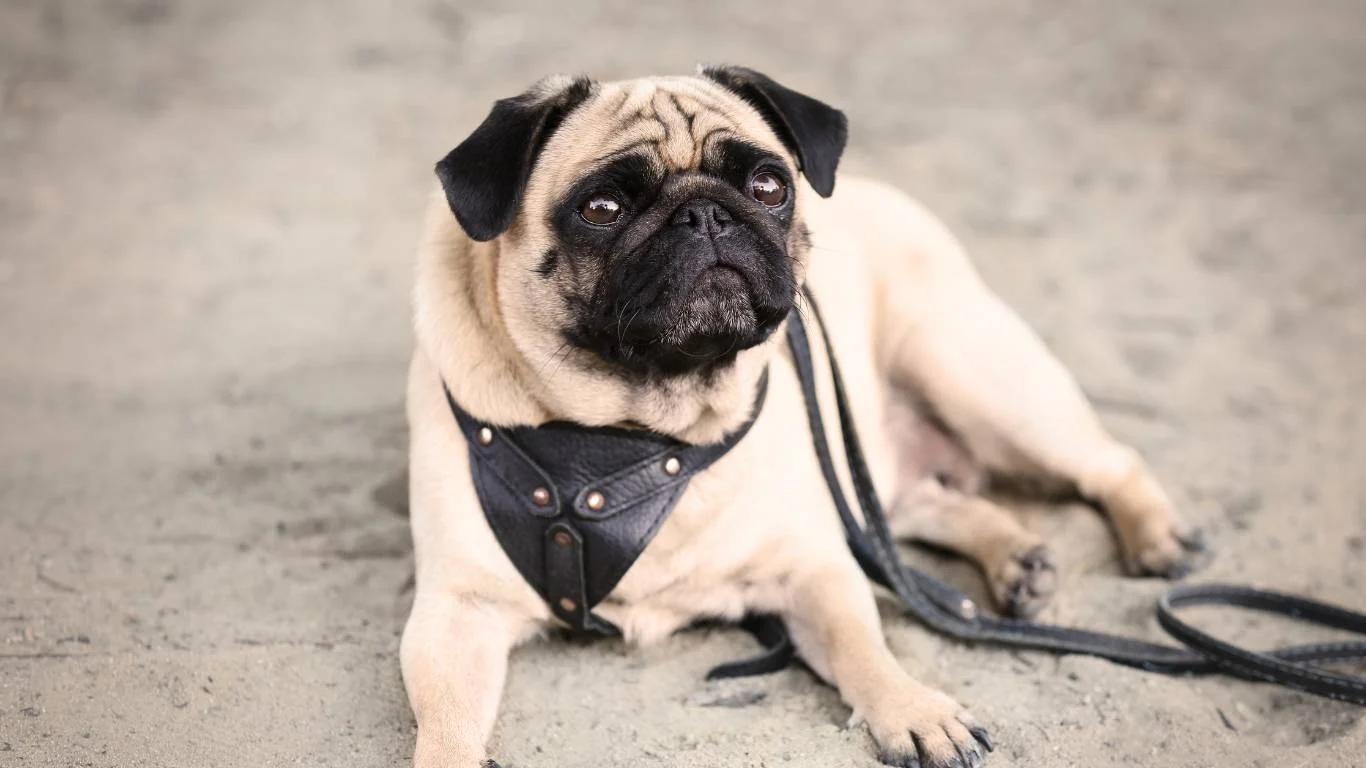
First thing’s first: not all reactions are cause for alarm. Some post-vaccine symptoms are totally normal and just mean your dog’s immune system is doing its job. But others? They need a bit more attention.
Mild Reactions (Pretty Common)
- Lethargy (aka your dog seems sleepier than usual)
- Mild swelling or soreness at the injection site
- Decreased appetite for a day or so
- Low-grade fever
Honestly, I’d say 80% of dogs I’ve worked with show at least one of these symptoms after vaccines. It’s usually nothing to panic over. One golden retriever I saw last week just slept for 14 hours straight after his rabies booster and bounced back the next day like nothing happened!
Moderate Reactions (Needs Monitoring)
- Facial swelling (especially around the eyes or muzzle)
- Hives or itchy skin
- Persistent vomiting or diarrhea
- Walking strangely or muscle stiffness
Now we’re getting into “call your vet” territory. These symptoms can mean your dog’s immune system is going a little overboard. I once helped a sweet lab mix named Daisy who broke out in hives after a leptospirosis shot. Her owner caught it quickly, and with some antihistamines from the vet, Daisy was totally fine by bedtime. The key here? Don’t wait too long to act.
Immediate Steps to Take If You Notice a Reaction
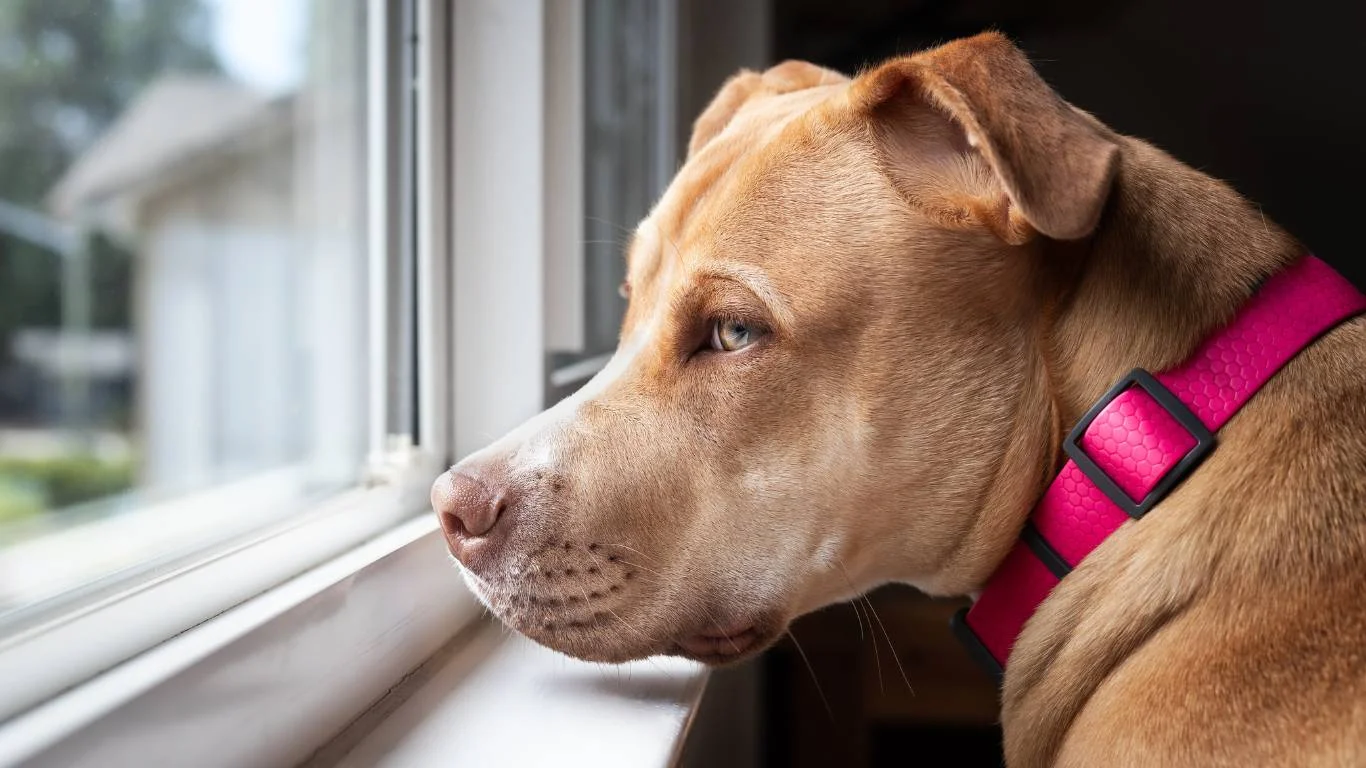
1. Stay Calm and Observe
Dogs pick up on our emotions like pros. If you freak out, they’ll freak out. Take note of symptoms, snap a quick pic if you see swelling or hives, and check their breathing. If they’re panting hard or seem disoriented—call your vet ASAP.
2. Contact Your Veterinarian
Even if it seems minor, it’s better to be safe than sorry. Your vet might suggest coming in for a quick check or may guide you on what meds to give at home. Many reactions can be eased with a small dose of Benadryl—but don’t give anything without vet approval, especially if your dog is on other meds or has health conditions.
3. Keep an Eye on Your Pup for the Next 24-48 Hours
Most reactions start within a few hours but some can pop up the next day. Watch their behavior, appetite, and energy. Jot down changes. Trust me, vets love when pet parents come in with notes—it makes our job so much easier!
When to Head to the Emergency Vet
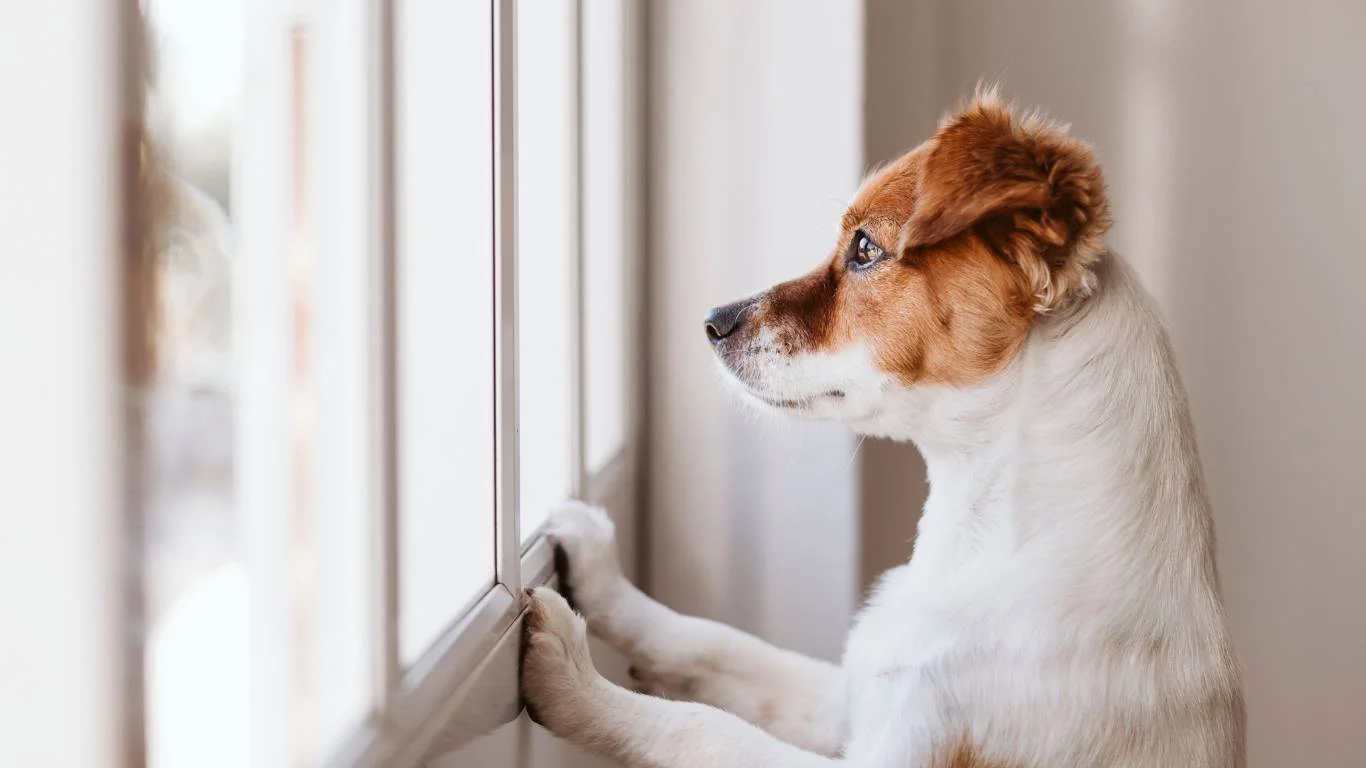
If your dog shows any of these red-flag symptoms after a vaccine, it’s go-time:
- Difficulty breathing or gasping for air
- Severe facial swelling (like their whole snout puffed up)
- Collapse, unresponsiveness, or seizure activity
- Excessive vomiting or bloody diarrhea
I remember one case where a tiny Chihuahua had an anaphylactic reaction just 20 minutes post-vaccine. Luckily, the owner didn’t waste a second getting back to the clinic. We got her stabilized with epinephrine and fluids—and she was wagging her tail again by the end of the shift. Speed saves lives in those rare, severe cases.
What Causes These Reactions, Anyway?
Vaccines are designed to trigger the immune system, which is what protects your dog in the long run. But sometimes, their immune system goes a little haywire. It can be due to:
- Breed sensitivity (brachycephalic breeds like pugs and bulldogs are more prone)
- Certain ingredients or adjuvants in the vaccine
- Pre-existing health issues
- Too many shots at once
From what I’ve seen, dogs with a history of allergies or autoimmune conditions are more likely to react. Nutrition also plays a sneaky role—dogs with poor gut health tend to be more reactive overall, but we’ll dive into that more in another section.
How to Prevent Future Vaccine Reactions in Dogs

Okay, so maybe your dog had a rough time after their last vaccine. Understandably, the idea of doing it all over again can feel… well, kinda terrifying. But here’s the deal: there *are* ways to reduce the chance of it happening again. I’ve walked so many pet parents through this exact situation—especially those with sensitive or allergy-prone dogs—and yes, you can vaccinate safely with the right strategy.
1. Talk to Your Vet About Spacing Out Shots
Most vet clinics give combo vaccines because it’s efficient and usually safe. But for dogs with previous reactions? It can be overwhelming to the immune system. I always tell clients: don’t be afraid to ask for a spaced-out schedule. Your vet can often separate core vaccines and give them a few weeks apart, making reactions less likely.
2. Pre-Medication Options
This one’s a little lesser known, but it can be a game-changer. For dogs who’ve had moderate vaccine reactions, some vets will recommend giving an antihistamine (like diphenhydramine) or even a low dose of steroids before the next vaccine. I’ve seen this help especially in short-snouted breeds like Frenchies and Bostons, who tend to swell up like balloons if their body overreacts.
3. Keep a Health Log for Your Pup
Yup, like a mini journal just for your dog. Record what vaccines they received, what brand was used (important!), and any side effects. This helps you and your vet spot patterns and avoid specific vaccine types that may have caused trouble. I’ve seen this system help one client identify that her border collie only reacted to vaccines with aluminum-based adjuvants—something we would’ve never caught without tracking.
Natural Support for Dogs with Sensitive Immune Systems
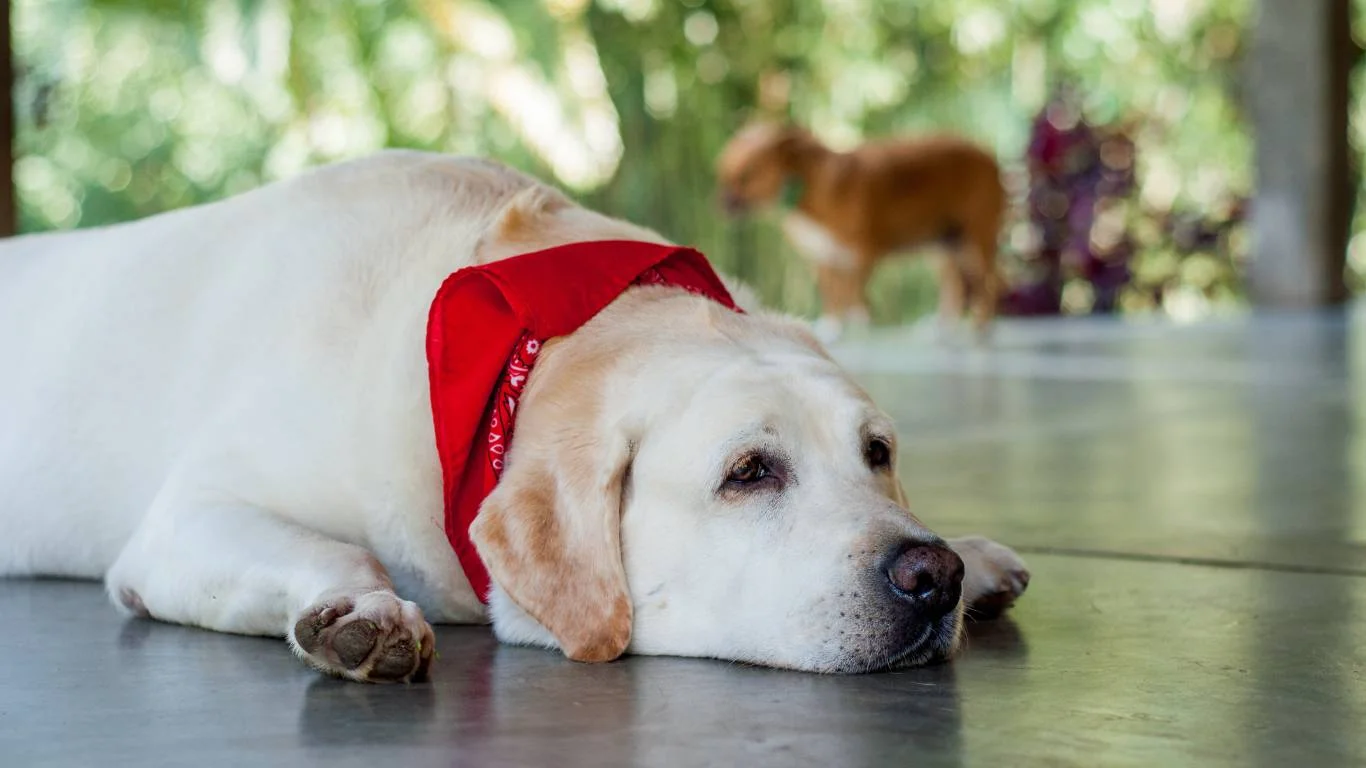
As someone who focuses on nutrition in my vet assistant work, I can’t stress this enough: a strong immune system doesn’t just come from meds. It comes from what you put into your dog every day. If your pup’s been reacting to vaccines or other stressors, it’s time to show their immune system a little love from the inside out.
1. Add Omega-3s to Reduce Inflammation
Think fish oil, sardines, or flaxseed. These powerhouses help reduce chronic inflammation, which plays a big role in exaggerated vaccine responses. I had a client whose boxer stopped getting hives after boosters just by improving his diet and adding omega-3 supplements. No joke.
2. Focus on Gut Health
Did you know over 70% of your dog’s immune system lives in their gut? When I started paying closer attention to dogs’ digestive health—especially those who reacted to vaccines—I started seeing way fewer issues. Try adding probiotics, fermented goat milk, or a rotation of fresh foods (if your vet gives the green light).
3. Avoid Over-Vaccination
This one might be controversial, but it’s worth discussing with your vet. Once your dog has received their core vaccines, they might not need every single booster every year. Titer testing (a blood test that measures immunity) can show whether they still have strong protection. It’s not about skipping care—it’s about being thoughtful and individualized.
Breed-Specific Sensitivities: Is Your Dog More at Risk?
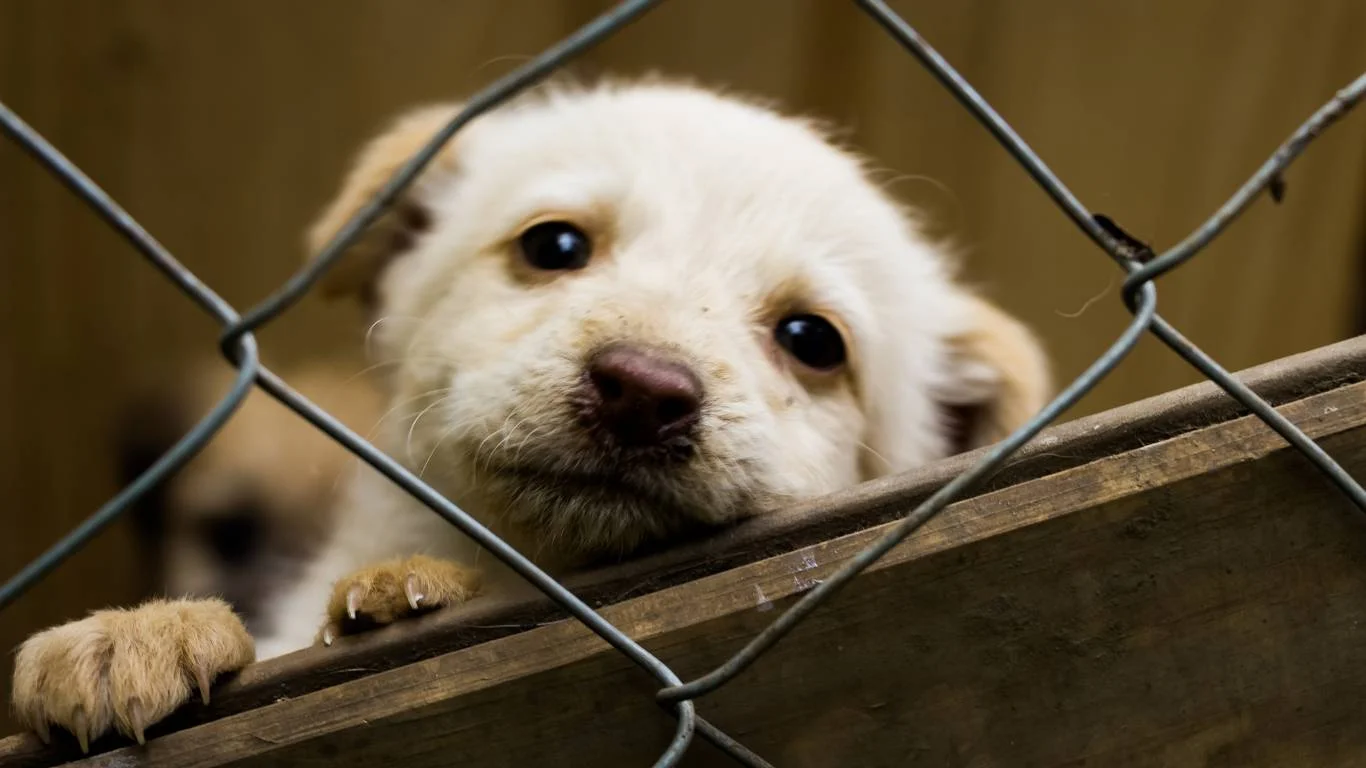
Not all dogs are built the same, and neither are their immune systems. Through my years at the clinic, I’ve definitely noticed some patterns when it comes to breeds and vaccine sensitivity.
- Brachycephalic breeds (like pugs, French bulldogs, and boxers): Prone to facial swelling and breathing issues.
- Toy breeds (like Chihuahuas and Yorkies): More likely to have systemic reactions, possibly due to small body weight.
- Herding breeds (like Australian shepherds): May carry the MDR1 gene, which can complicate how they process medications, including vaccine-related drugs.
- Dogs with white coats and blue eyes: This sounds weird, but I’ve seen higher rates of autoimmune sensitivity in breeds like Huskies and white German shepherds. Still anecdotal, but something to watch for.
If you’ve got a breed on this list—or a dog that’s already had a reaction—be upfront with your vet. They might choose a different vaccine manufacturer, adjust the dose, or suggest splitting vaccines over multiple visits. All of this can make a massive difference.
When Is It Safe to Vaccinate Again?
This is one of the most common questions I hear. And honestly? There’s no one-size-fits-all answer. It depends on the severity of the previous reaction, your dog’s overall health, and which vaccine they reacted to.
Here’s how I usually explain it to worried pet parents:
- If the reaction was mild (like sleepiness or soreness), your dog can probably be vaccinated again—with monitoring.
- If it was moderate (like hives or vomiting), your vet may want to pre-treat or split up vaccines next time.
- If it was severe (like anaphylaxis), your vet might avoid that vaccine entirely and consider titer testing or exemptions.
One time, I worked with a golden retriever named Max who had a scary reaction to his first DHPP shot. His vet switched to a mercury-free formula and spaced his shots months apart with pre-meds. Not only did he do fine the next time around—he barely had any side effects at all. It’s all about tailoring the plan to the dog in front of you.
How to Advocate for Your Dog at the Vet’s Office
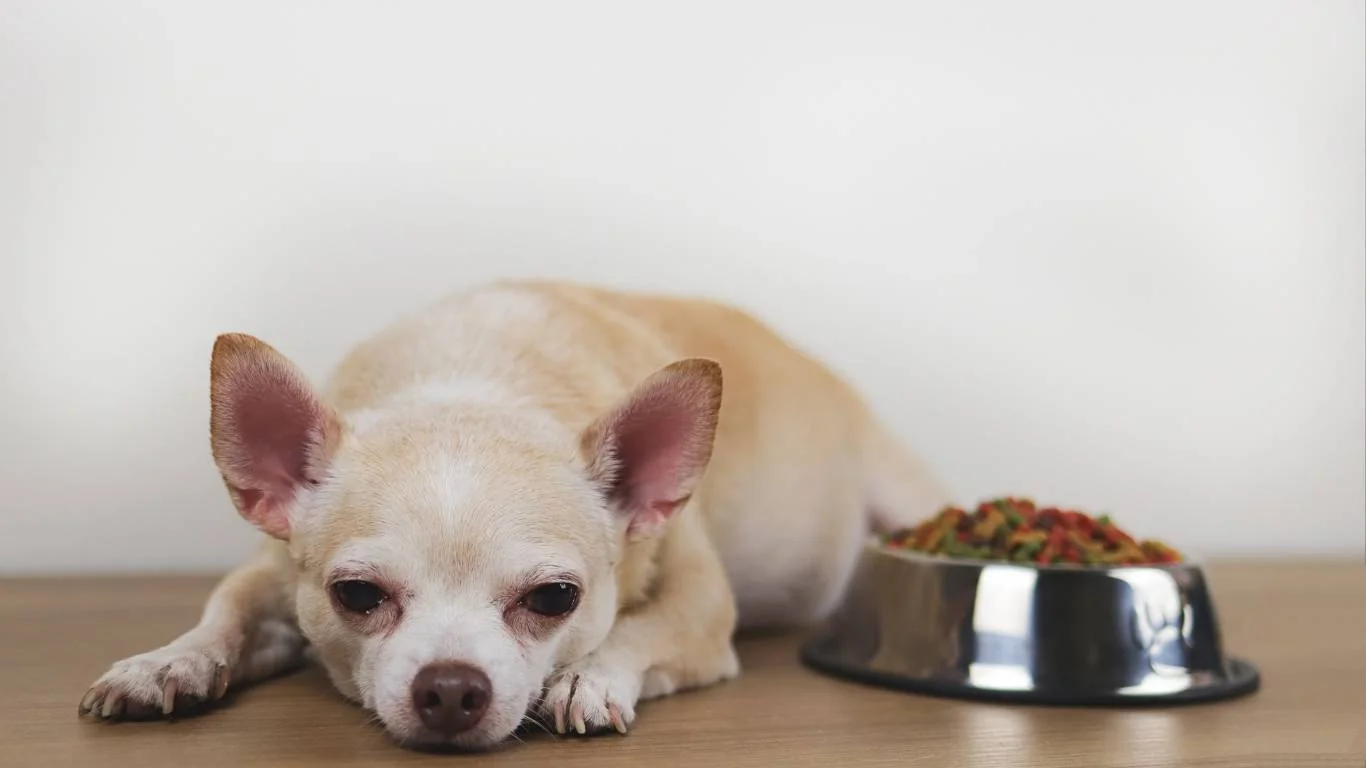
Let’s be real—sometimes it can feel a little intimidating to push back or ask more questions at the vet. I totally get it. But if there’s one thing I’ve learned from working behind that exam room door, it’s this: you are your dog’s voice. And advocating for them doesn’t make you “difficult”—it makes you a rockstar pet parent.
If your dog had a reaction to a vaccine, speak up. Ask for alternatives, bring up pre-treatment options, and request a modified schedule. A good vet will appreciate your involvement and want to collaborate—not bulldoze your concerns. I’ve seen some of the best outcomes when clients come in prepared, informed, and unafraid to say, “Hey, last time didn’t go so well. What can we do differently?”
Helpful Questions to Ask Your Vet:
- Can we space out the vaccines instead of doing them all at once?
- Are there preservative-free or single-dose vaccine options available?
- What are the risks if we titer test instead of boostering?
- Would pre-medicating with antihistamines be appropriate?
Having this kind of dialogue not only helps prevent future reactions but also builds a strong partnership with your vet. You want someone on your team who listens and treats your dog like the unique little weirdo (affectionately, of course) that they are.
Long-Term Monitoring and Holistic Health Habits

Even after the initial reaction has passed, there’s still work to do. Building a strong foundation of health can help your pup respond better—not just to vaccines, but to all kinds of immune challenges.
1. Keep Annual Wellness Checks
It might feel tempting to skip the vet after a scare, but keeping those regular checkups is even more important. Your vet can keep an eye on any immune changes, spot early signs of issues, and help you stay ahead of problems instead of reacting to them later.
2. Build a Resilient Immune System Year-Round
- Feed a nutrient-dense, minimally processed diet
- Incorporate supplements like probiotics, antioxidants, and omega-3s
- Prioritize daily exercise and enrichment
- Limit environmental toxins (no more spraying your lawn with chemicals!)
One of my long-time clients has a senior beagle who used to react to every single vaccine. But after a year of clean eating, reducing household chemicals, and slowly reintroducing essential shots—guess what? No reaction to his last booster. None. Zip. It blew us all away.
What to Do if Your Dog Can’t Be Vaccinated
In rare cases, some dogs just can’t tolerate vaccines—even with all the tricks and precautions. So what then?
- Medical Exemptions: Your vet can write a formal exemption in certain jurisdictions, especially for rabies. This needs to be renewed, so stay on top of it.
- Titer Testing: As mentioned earlier, titers measure antibody levels and may satisfy legal or daycare requirements depending on where you live.
- Environmental Management: Avoid high-risk areas like dog parks or boarding if your pup isn’t protected. Keep them away from standing water, wildlife, or unfamiliar dogs.
I had a sweet pitbull client who had a serious seizure after her first round of vaccines. Her vet filed a medical exemption, and we built a lifestyle plan that kept her safe without unnecessary exposure. It’s not about cutting corners—it’s about smart, compassionate care.
Trusted Resources for Further Reading
- American Kennel Club (AKC) – Vaccine guidelines by breed and age
- PetMD – Up-to-date articles on pet health and safety
- National Institutes of Health (NIH) – Research on immune response and veterinary medicine
- Health.com – Holistic wellness tips and pet-safe household alternatives
If you’re nerdy like me and love diving into science-based care, these sites are solid starting points. Just make sure to cross-reference and bring your questions to your vet—no internet rabbit hole can replace real-life, tailored veterinary advice.
Disclaimer
This article is based on my personal experience as a veterinary assistant with a nutrition focus and is intended for informational purposes only. It should not be taken as medical advice or replace the guidance of your licensed veterinarian. Always consult your vet before making health decisions for your pet.
